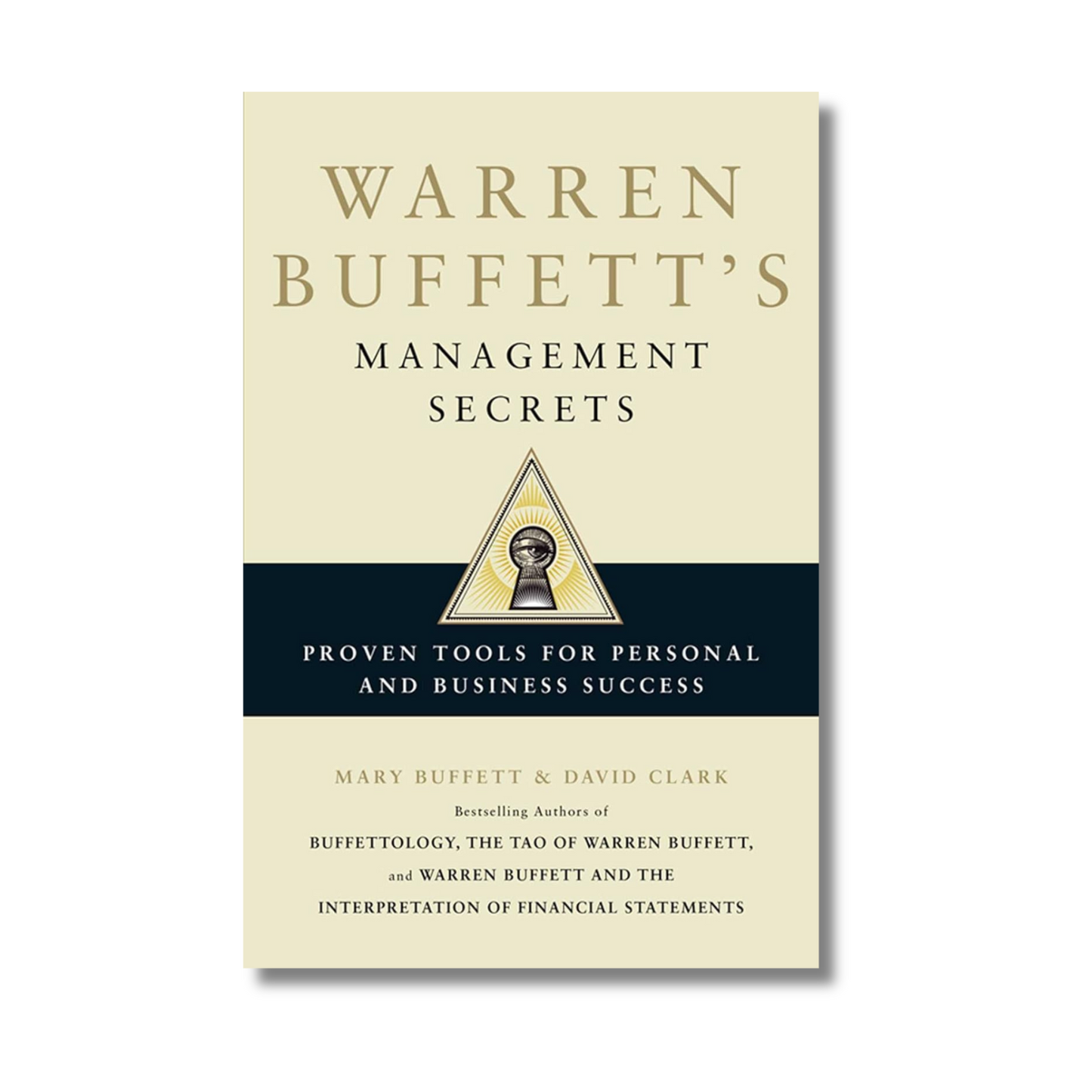The book described focuses on Warren Buffett's personal business management principles and is divided into several sections, each covering different aspects of his approach:
1. Managing one's life: This section emphasizes Buffett's belief in the importance of a good education and the significance of selecting role models early in life. He also advocates staying away from things that can have a negative impact on personal well-being. Buffett views challenges as an essential part of life, making it more interesting and meaningful.
2. Managing one's career: Buffett believes that it is crucial to pursue a career in something one is passionate about. He advises individuals to choose a profession they love, as that will lead to finding ways to be successful and fulfilled. On the other hand, working in a job one hates, even if it brings wealth, will lead to misery.
3. Managing employees: Honesty is regarded by Buffett as an equally important quality as intelligence in a manager. The section discusses how to keep managers inspired and motivated to work hard.
4. Managing the business: Buffett has learned that companies with a durable competitive advantage over their competitors tend to earn more money consistently and are easier to manage. The section explores the concept of a competitive advantage and its significance in running a successful business.
5. Managing personal money: The book reveals the simple rules that Buffett uses for acquiring other businesses and how he has incorporated these principles into his personal investment style.
Overall, the book delves into the wisdom and insights of Warren Buffett's management philosophy, offering valuable lessons for personal and professional success. It explores how his principles have contributed to his remarkable achievements as one of the world's most successful investors and business leaders.
1. Managing one's life: This section emphasizes Buffett's belief in the importance of a good education and the significance of selecting role models early in life. He also advocates staying away from things that can have a negative impact on personal well-being. Buffett views challenges as an essential part of life, making it more interesting and meaningful.
2. Managing one's career: Buffett believes that it is crucial to pursue a career in something one is passionate about. He advises individuals to choose a profession they love, as that will lead to finding ways to be successful and fulfilled. On the other hand, working in a job one hates, even if it brings wealth, will lead to misery.
3. Managing employees: Honesty is regarded by Buffett as an equally important quality as intelligence in a manager. The section discusses how to keep managers inspired and motivated to work hard.
4. Managing the business: Buffett has learned that companies with a durable competitive advantage over their competitors tend to earn more money consistently and are easier to manage. The section explores the concept of a competitive advantage and its significance in running a successful business.
5. Managing personal money: The book reveals the simple rules that Buffett uses for acquiring other businesses and how he has incorporated these principles into his personal investment style.
Overall, the book delves into the wisdom and insights of Warren Buffett's management philosophy, offering valuable lessons for personal and professional success. It explores how his principles have contributed to his remarkable achievements as one of the world's most successful investors and business leaders.










